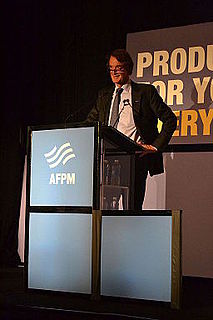Top 29 Quotes & Sayings by Jim Ratcliffe
Explore popular quotes and sayings by a British businessman Jim Ratcliffe.
Last updated on December 18, 2024.
Germany has great skill levels, great infrastructure, high-quality plant. If you go to the U.K., we're very creative, and we've got the language, but energy costs are pretty much the most expensive in the Western world; pensions are pretty expensive, and the skills are significantly below those in Germany and the U.S.



















